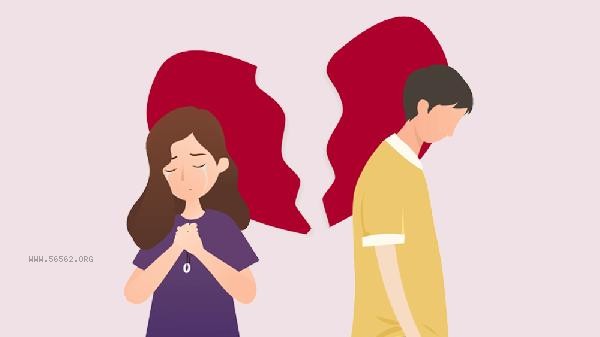The main reasons for the increase in divorce rates among the post-80s generation are the transformation of marriage concepts, increased economic pressure, enhanced individualism, decreased marital and romantic compatibility, and imbalanced distribution of family responsibilities.

1. Transformation of Marriage Concept
The post-80s generation grew up in a period of social transformation, and their concept of marriage as a lifelong commitment gradually faded away. Compared to the taboo of divorce in traditional families, modern people pay more attention to the quality of marriage, and the probability of choosing divorce when the relationship breaks down is higher. The simplification of legal procedures has also lowered the threshold for divorce, and the popularization of the agreement divorce system has made it more convenient to dissolve marital relationships.
2. Increased economic pressure
High housing prices, rising costs of children's education, and other economic burdens have exacerbated family conflicts. Dual income families generally face the challenge of balancing work and family, and economic independence reduces women's tolerance for unhappy marriages. Some couples have continued to argue due to economic issues, ultimately leading to the breakdown of their relationship.
3. Increased sense of individualism
The post-80s generation who grew up under the one-child policy are more concerned about realizing their self-worth, and their tolerance towards their spouse has decreased. When marriage fails to meet personal emotional needs or developmental expectations, there is a tendency to end the relationship. The popularity of social media has expanded the scope of social networking and increased the probability of extramarital relationships.

4. Decrease in marriage and love matching
The trend of late marriage has led to insufficient understanding before marriage, and some people hastily get married due to age pressure. After marriage, it was found that there were significant differences in personality and lifestyle habits, making it difficult to reconcile. In blind date marriages, material conditions take precedence over emotional foundations, and the stability of this combination is relatively weak.
5. Unbalanced distribution of family responsibilities
Traditional gender roles conflict with modern family needs, and unequal distribution of parenting and household chores has become a common point of contradiction. The gap between women's career development needs and family expectations can easily lead to marital crises due to long-term accumulated grievances. Some men have failed to adapt to the transition of family roles, exacerbating marital conflicts. In the face of changes in marital relationships, both spouses need to strengthen communication and understanding, establish common life goals and values. Regularly engage in emotional communication, allocate family responsibilities reasonably, and seek professional marriage counseling if necessary. Cultivating common interests and hobbies, and maintaining moderate independent space, all contribute to maintaining marital stability. At the societal level, more marriage counseling services should be provided to help couples improve their conflict resolution abilities and build healthier family relationship models.









Comments (0)
Leave a Comment
No comments yet
Be the first to share your thoughts!